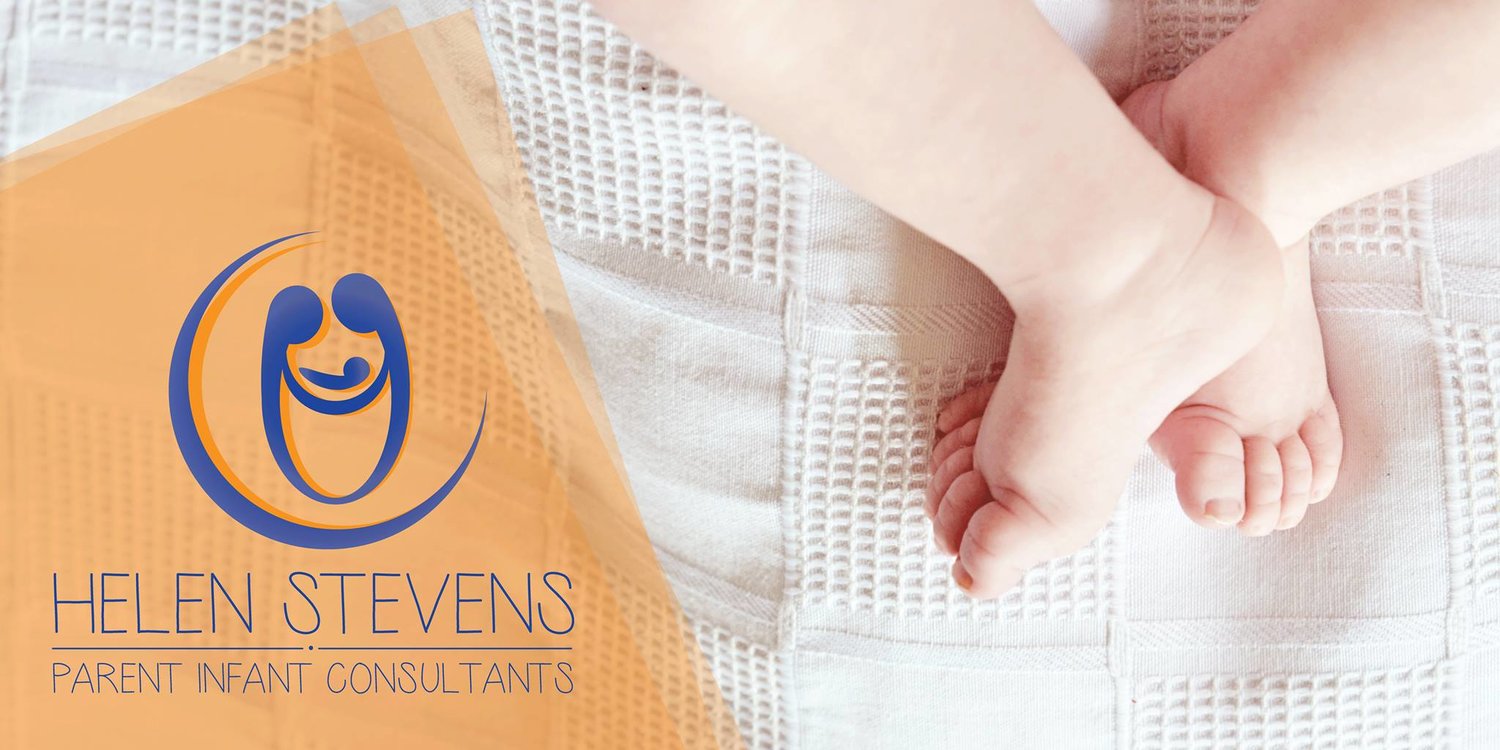What is this fourth trimester everyone speaks of? For you, it's a 'settling in phase' - getting used to whatever it means to be a parent. It takes those first months as parent to feel you have some idea of what's really happening.
For baby however, the fourth trimester is a potent time of development.
Imagine 12 month pregnancies
Human babies are born the most immature of all primates, for a very good reason. As 'two legged' primates, our pelvis is smaller in diameter than that of our four-legged friends. So if our brains were fully developed at birth, labour would be a whole different thing.
Babies have another three months of intensive brain development before they can get started on much else. So imagine carrying a growing baby for twelve months, and pushing out a head the size of a 3 month old's!
It's a scary world
Because of this relatively short pregnancy, human babies are unable to reach their food source, hold onto their caregivers or maintain their own body temperature, and they certainly can't regulate intense emotions.
So the fourth trimester is the time for parents to provide the care for our babies when they are their most vulnerable. They are very easily overwhelmed because they haven't learnt how to filter the external world and often need your help to find calm.
No such thing as too many cuddles
From birth your baby needs care while they learn to do more and more to communicate and keep themselves emotionally regulated. Put simply, you can't ever spoil a baby during the fourth trimester. Babies need comforting, cuddles, lots of skin contact and calming as they get strong and learn to trust the people and world around them.
In months two and three, we see times when our baby doesn’t require complete care, when they can watch the world around them without needing constant body contact. They might start to tolerate the nappy changes or a bit of gas. This is when you can start to offer a little less intensive, but still plentiful, care.
Beyond the fourth trimester
That's the constant challenge and joy as a parent - watching our babies grow and changing how we care for them in response.
By three months your baby is able to reliably recognise faces, smells and voices, and that little social brain is thriving. You'll see intentional smiles and hear a range of noises, including coo-ing. They become better at expressing themselves through body movements, sounds and facial expressions.
Author: Helen Stevens. RN. RM. MCHN. Manager of Clinical Services, Education and Research. Parent Infant Consultants. 0411880720.

